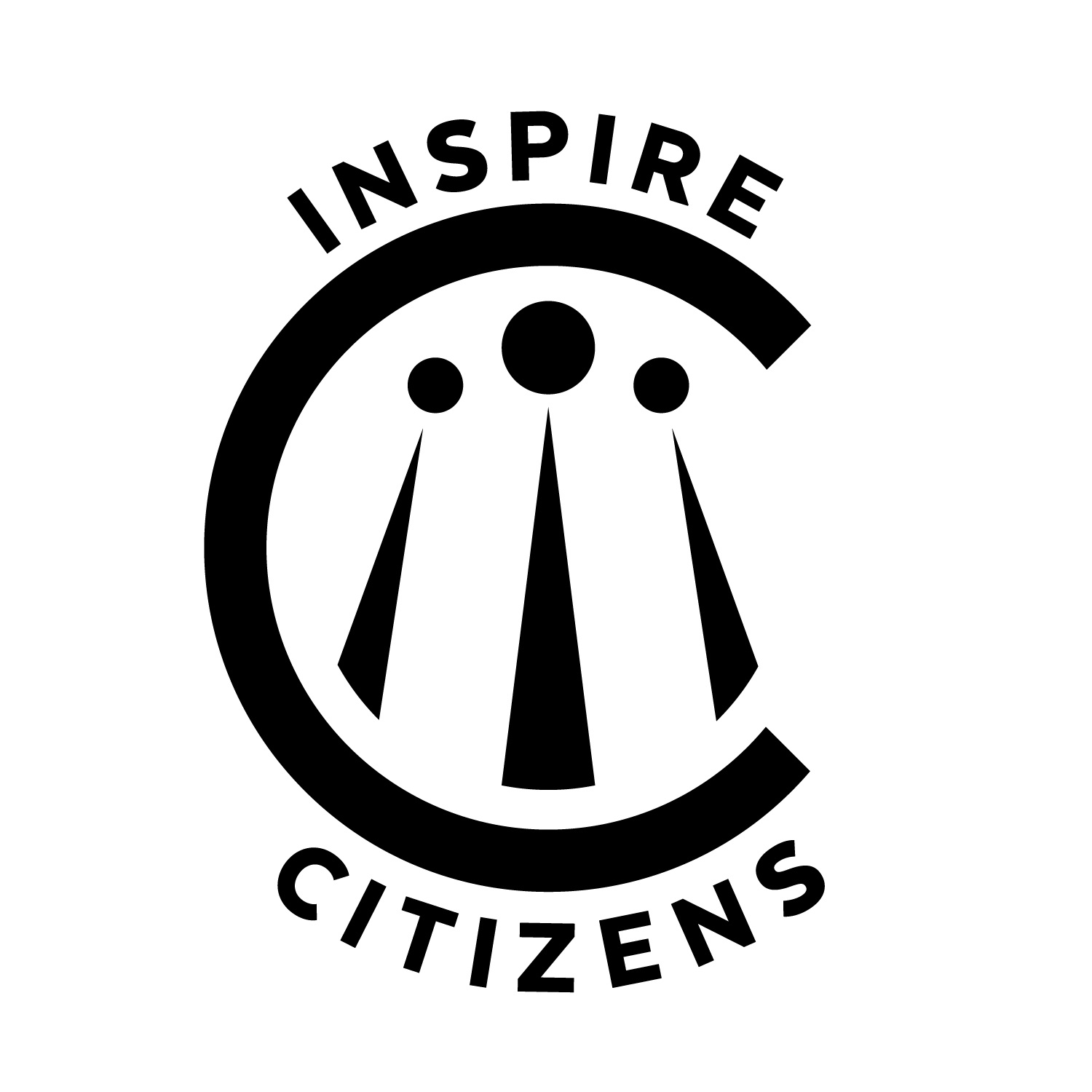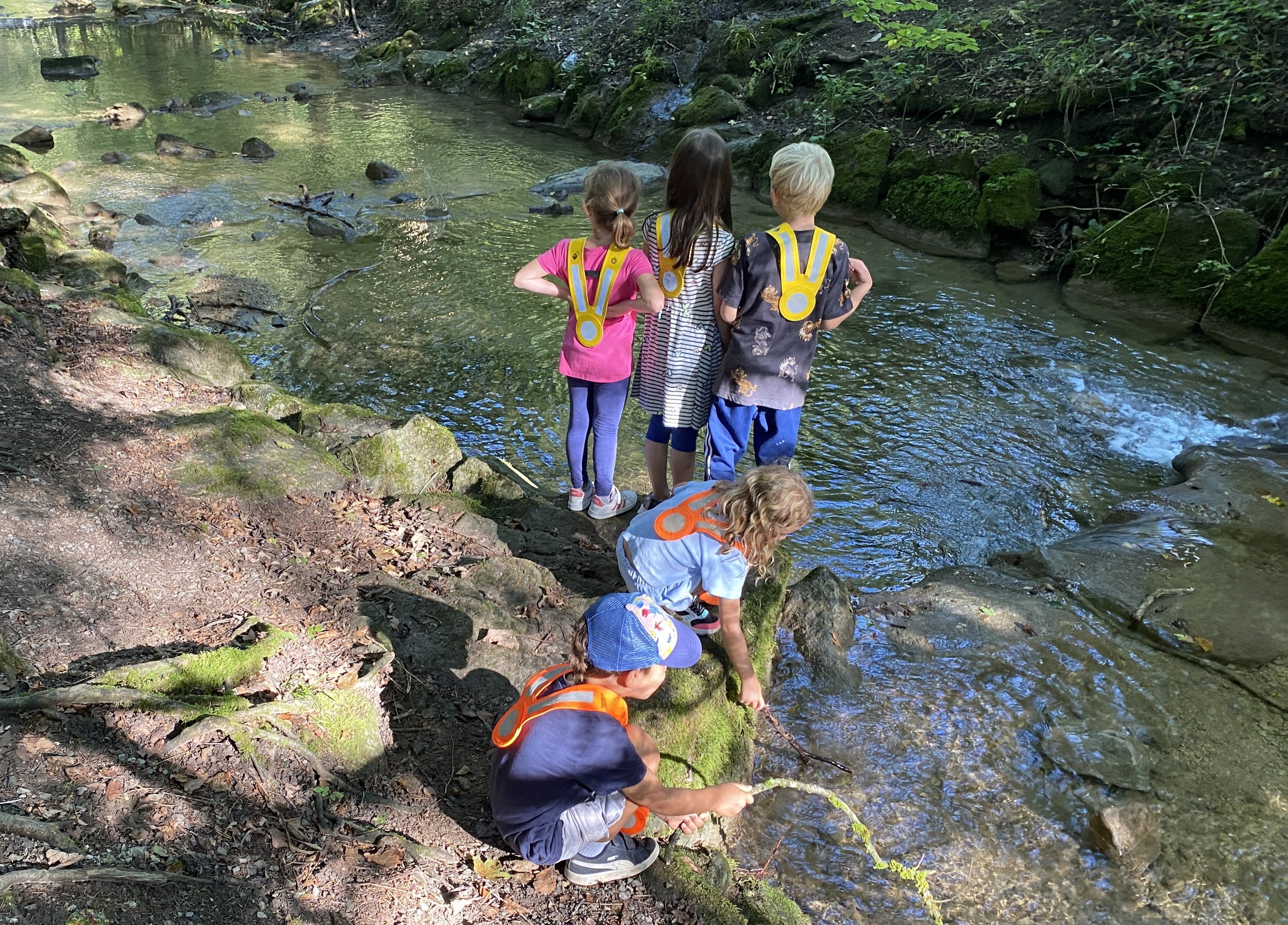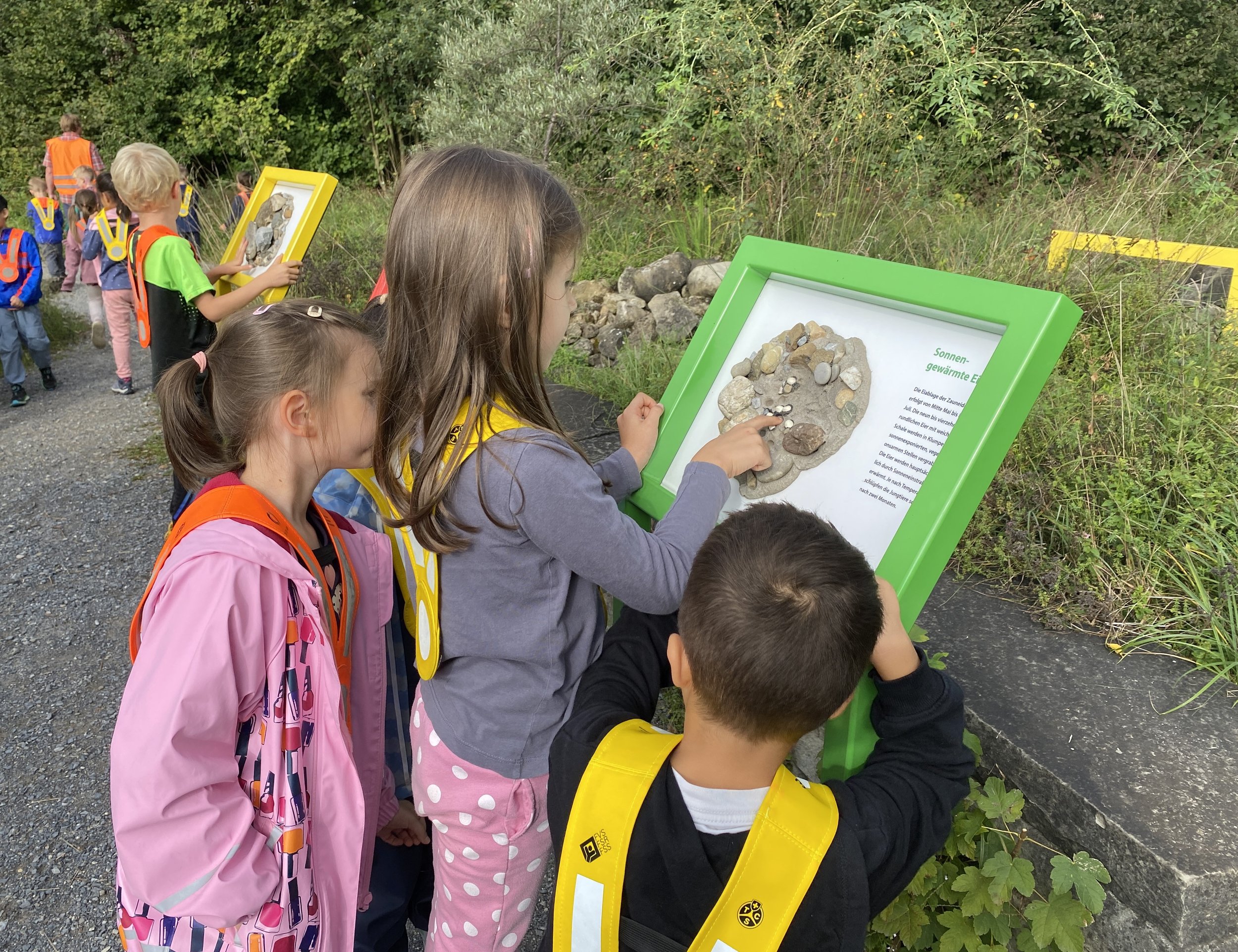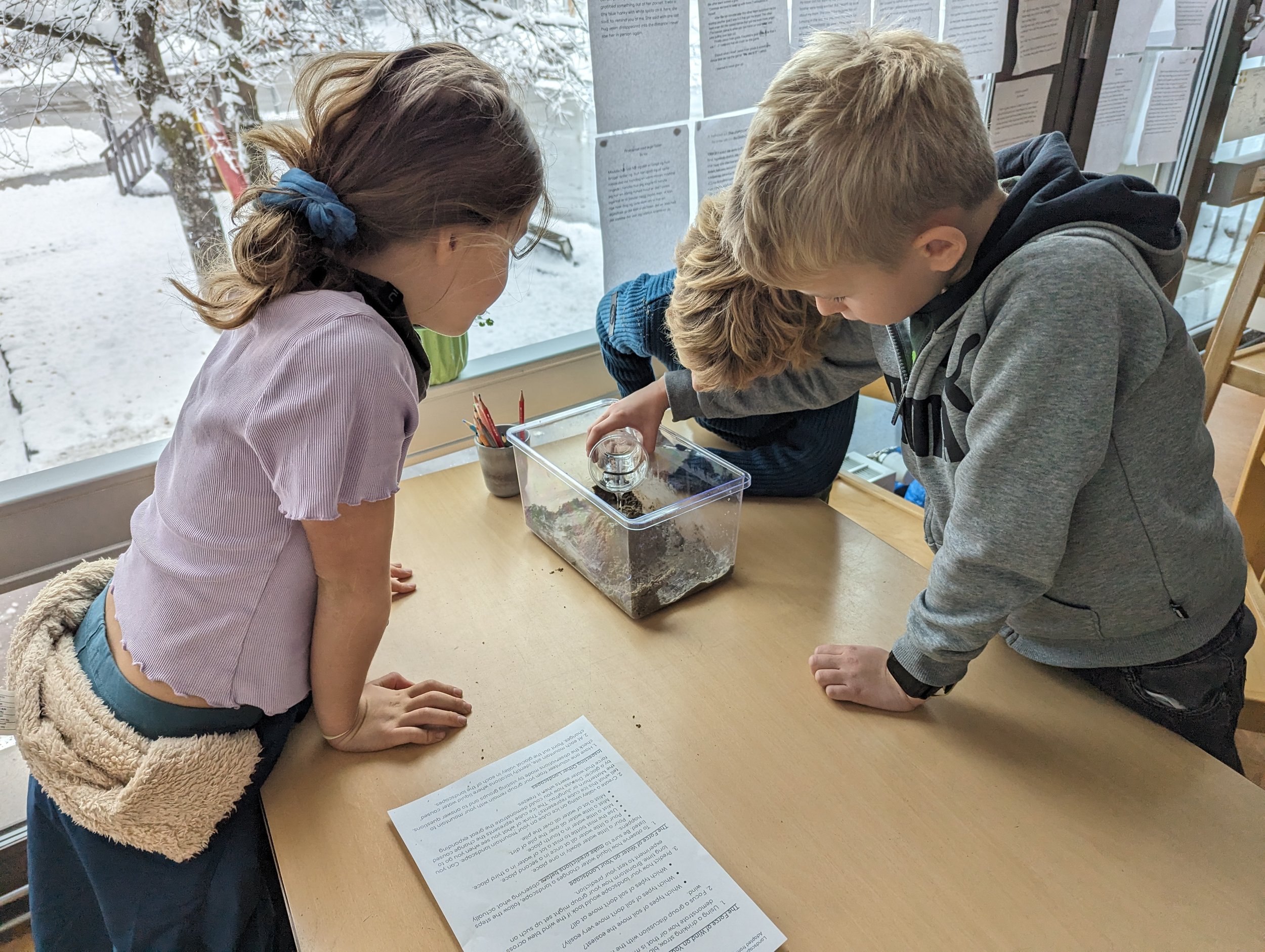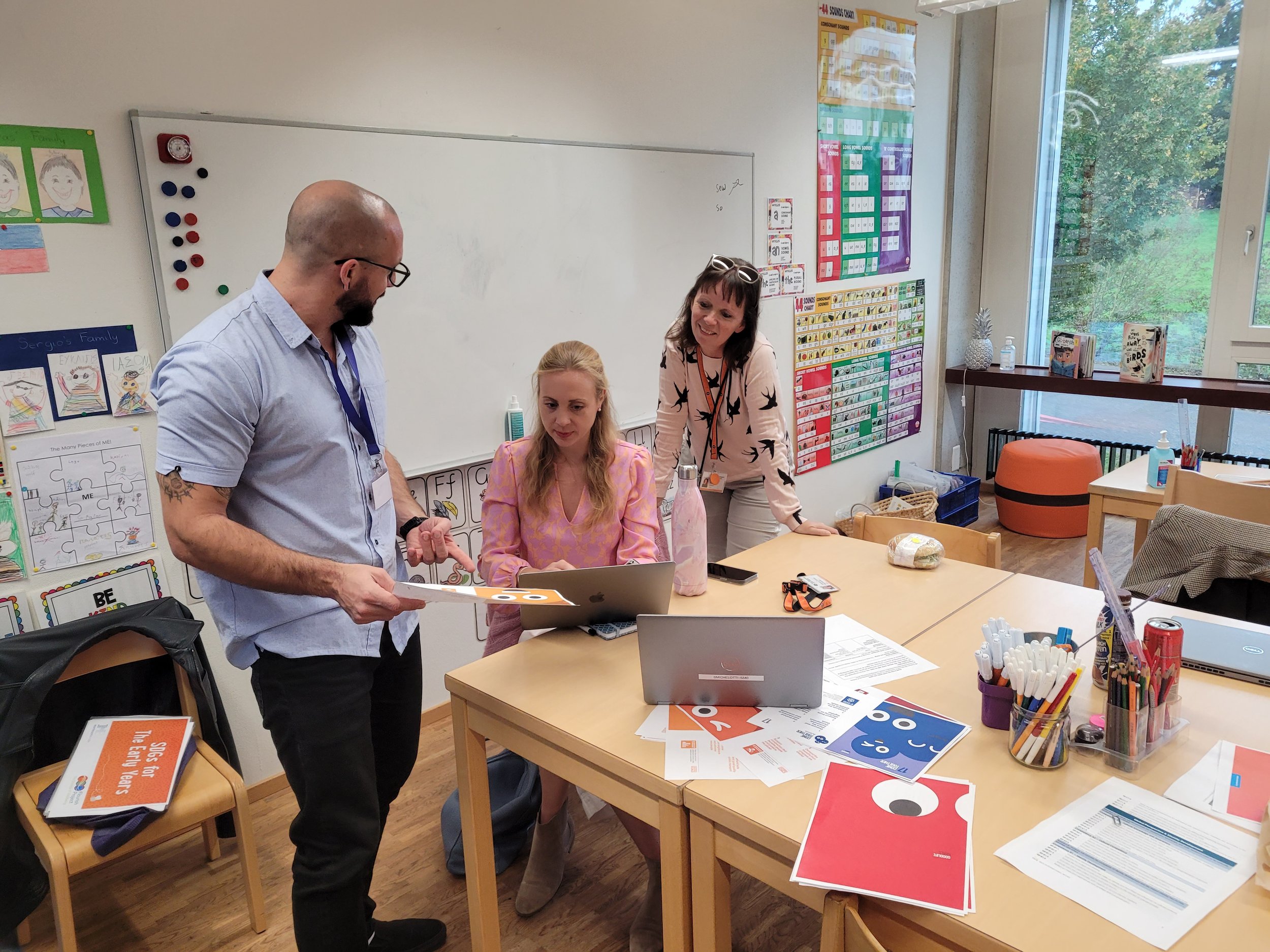Enhancing the PYP Experience through Action-Oriented Planning
Aaron working with ICSZ educators during a recent school visit.
The transformative power of a great educational partnership continues to gain momentum at the Inter-Community School Zurich.
Reflecting on the three-year partnership that ICS Zurich has had with Inspire Citizens, Primary Principal Nat Atherton and Primary Years Program Coordinator Claire Febrey agree that it’s been time very well invested. And the impact of truly meaningful action components in the curriculum is well beyond what anyone could have imagined at the outset.
The partnership began when Steve Sostak, late co-founder of Inspire Citizens, began working with the elementary team and with school leadership. Last year, co-founder Aaron Moniz continued this work using the Inspire Citizens’ Empathy to Impact model with grade level teams to redesign units around a vision of transformative teaching and learning.
Nat clearly remembers an exuberant interaction with a member of the ICS Zurich team during the first Inspire Citizens PD session. “She hugged me,” he chuckles. “She said ‘thank you so much for bringing this PD. This is exactly why I’m in education!’”
Claire also recalls an upwelling of emotion as Inspire Citizens created a safe space for teachers to rethink and redesign units of study to align with more impactful goals. “It became a place where people thought ‘ah, we can breathe – we can think!’,” says Claire. She cites the critical importance of giving the partnership some germination time – in this instance, 3 years – to realize the full dividends in terms of upgraded units that emphasize authentic, meaningful and mindful action.
In the quest to incorporate better opportunities for positive action into the daily life of learners, educators might be tempted to seek out new units of study, explains Claire. Yet, with the high-level design strategies that the PYP requires, the option of simply switching out units regularly doesn’t always lead to deeper learning. Claire praises Aaron’s approach of starting with the question, “What do you love about this [current] unit?” This positive attitude preserves cherished elements of existing units while leaving teachers with the energy to make positive refinements.
As an example, let’s zoom in on a 3rd-grade science unit which originally lacked an actionable service element. Claire explains how the team did some deep reflecting with Aaron to reshape the unit; using photography allowed students to begin understanding the impact of people on their environments.
“The outcome was just lovely,” says Claire. “There was a gallery and QR codes – almost like a National Geographic magazine style for this photo exhibit.”
Each element of the final action component of this unit was rooted in an age-appropriate reflection prompt: “What do you wonder about the natural world?” This prompt was deeply reflective and helped students process and synthesize their learning in impactful ways.
In the context of a high-quality educational environment, the successful redesign of existing units represents the fulfillment of aspirational goals, explains Nat. “We’re being more intentional and purposeful about achieving the elements of the programs,” he says.
“Over time, we’re starting to see action being vertically articulated across the school curriculum,” he adds. “And there have been some really successful days with MYP colleagues as well.”
Ultimately, Nat sees a near future in which there are even more action-oriented units of study from PreK to grade 12, lending strength to the mission and values of ICS Zurich.
“As teachers refine this approach,” says Nat, “we can say with our hands over our hearts that these genuine experiences do build a sense of global stewardship.”
Below, left to right: 2 photos of grade 1 students engaged in a “Sharing the Planet” unit that involved experiences in nature, 1 photo of grade 3 students engaged in a unit called “How the World Works” and a photo of Aaron working with more ICSZ educators during a recent school visit.
A grade 3 reflection from the “How the World Works” unit that used photography as a synthesis and reflection tool.
Another grade 3 reflective response.
